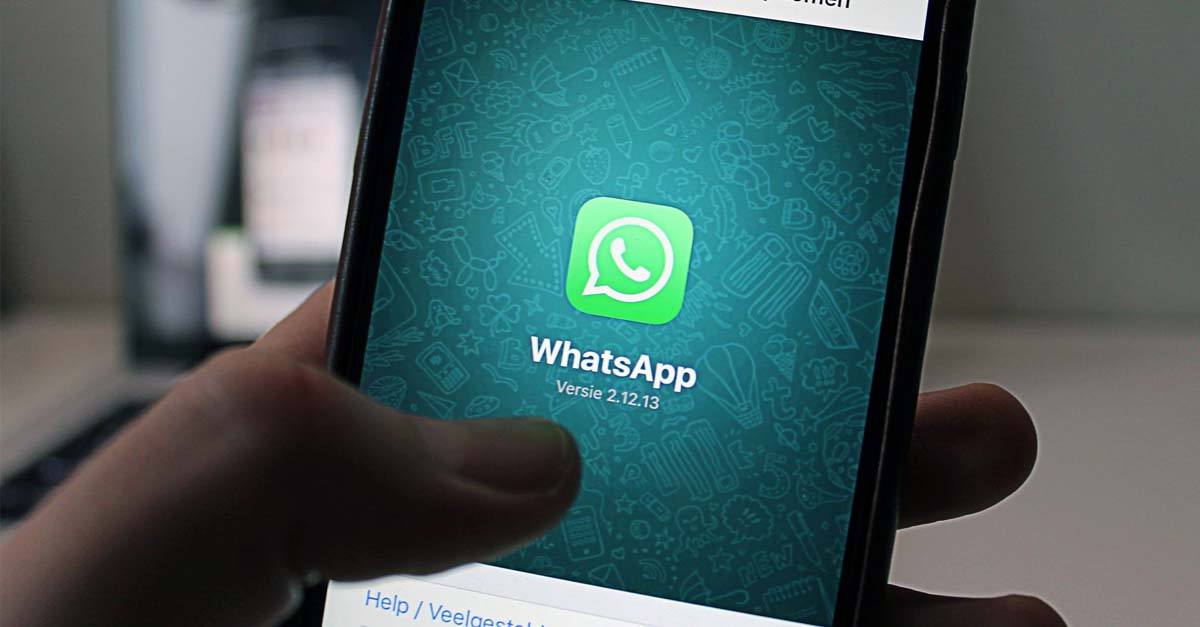Whatsapp messages in the workplace

Millions of people communicate through instant messaging applications, one of the best known today is the application Whatsapp. The use of this application serves to communicate instantly with friends, family and even in the workplace, where both workers and employers use this application to discuss labor issues.
This tool can be very useful in the workplace, by giving the possibility of creating a group, allowing the instant and simultaneous communication of the employer with a specific group of workers or with all workers in the workforce. However, the use of WhatsApp in the workplace can cause risks, since communication in this application lacks privacy and security.
Whatsapp Communications: What rights do workers have?
Workers have the right not to receive communications (emails, messages through the networks) outside working hours being protected by the Organic Law 3/2018, of December 5, on the Protection of Personal Data and guarantee of digital rights, which in its article 88 says:
- Workers and public employees will have the right to digital disconnection in order to guarantee, outside of legally or conventionally established work time, respect for their rest time, permits and vacations, as well as their privacy personal and family.
- The modalities of exercising this right will attend to the nature and purpose of the employment relationship, will promote the right to reconcile work activity and personal and family life and will be subject to the provisions of collective bargaining or, failing that, to the agreement between the company and the workers’ representatives.
- The employer, after hearing the representatives of the workers, will prepare an internal policy addressed to workers, including those who occupy management positions, in which they will define the modalities of exercising the right to disconnection and the actions of training and awareness of staff on a reasonable use of technological tools that avoids the risk of computer fatigue. In particular, the right to digital disconnection will be preserved in the event of total or partial completion of remote work as well as at the employee’s home linked to the use of technological tools for work purposes.
Therefore, we must respect the worker’s right to digital disconnection and we recommend the development of an internal policy to deal with and manage communications within the internal business environment.
Workplace conflict
The appearance of social networks such as WhatsApp or Telegram gives rise to conflict situations in the workplace
The application shows personal data such as the phone number, a profile picture, the connection time, the double √√, all these data personal information and its use without the worker’s consent gives rise to a breach of the Organic Law on Data Protection.
That is why it is recommended that employers internally regulate or sign a clause with their employees, so that workers give their consent when receiving instant messages, as well as the creation of Whatsapp groups, and limit the hours for sending messages.
Which Whatsapp messages are valid in the event of a labor dispute?
In the event of a labor conflict, not all messages will be valid between the company and the worker.
The jurisprudence has come to give legal validity to the notification of termination of the employment contract for not exceeding the trial period through WhatsApp.< /p>
Similarly, it will be valid when communicating a resignation. This is established in the Judgment of the Superior Court of Justice of Madrid, of June 10, 2015, this judgment validates a WhatsApp sent by the worker in which the resignation is requested, “revealing a strict, clear and unequivocal will of the worker ”.
So…
Can a WhatsApp message be valid in court?
Messages sent by Whatsapp are considered valid as long as the expression of the worker’s will concurs, as well as the declarations of him or the declarations of witnesses, and it is the case of both cases mentioned above.
The jurisprudence admits WhatsApp messages as a means of electronic evidence. It must be proven that said message is lawful and in the same way the authenticity and integrity of the same must be accredited.
The Supreme Court in 2015 established that:
“testing two-way communication through any of multiple instant messaging systems should be approached with all due caution”
Cases in which a WhatsApp message is invalid
The Data Protection Law, with regard to dismissal or substantial modification of working conditions requires that the communication be made in writing, stating the cause of expiration or the reason for the substantial modification. An objective or disciplinary dismissal through the WhatsApp application will not be valid and therefore will not display its effects.
In other words, not all communication via WhatsApp will be valid in the workplace, since communications must be made in compliance with the regulations in this regard.
In conclusion, the use of WhatsApp in the workplace is allowed, but it is necessary for the company to have policies or internal measures where the use and means of communication are established. compliance and thus avoid conflicts that may arise in the workplace.
Martín Grande Ascaso
Labor Law Department
23/10/2019






